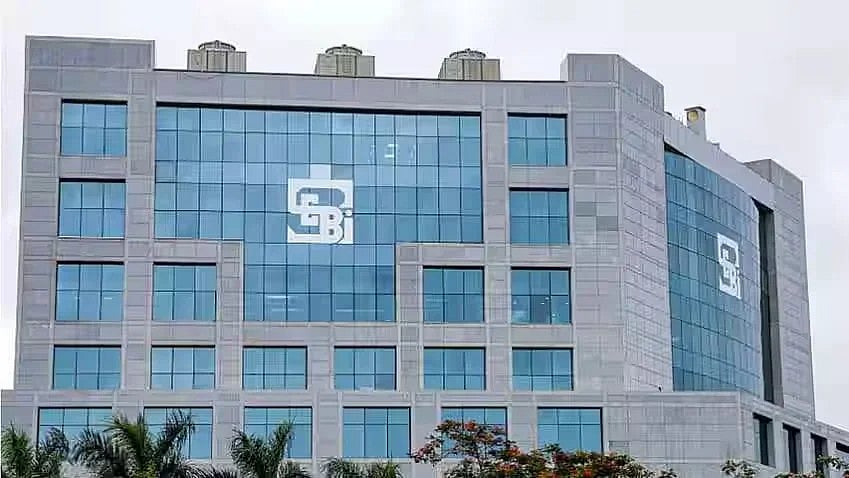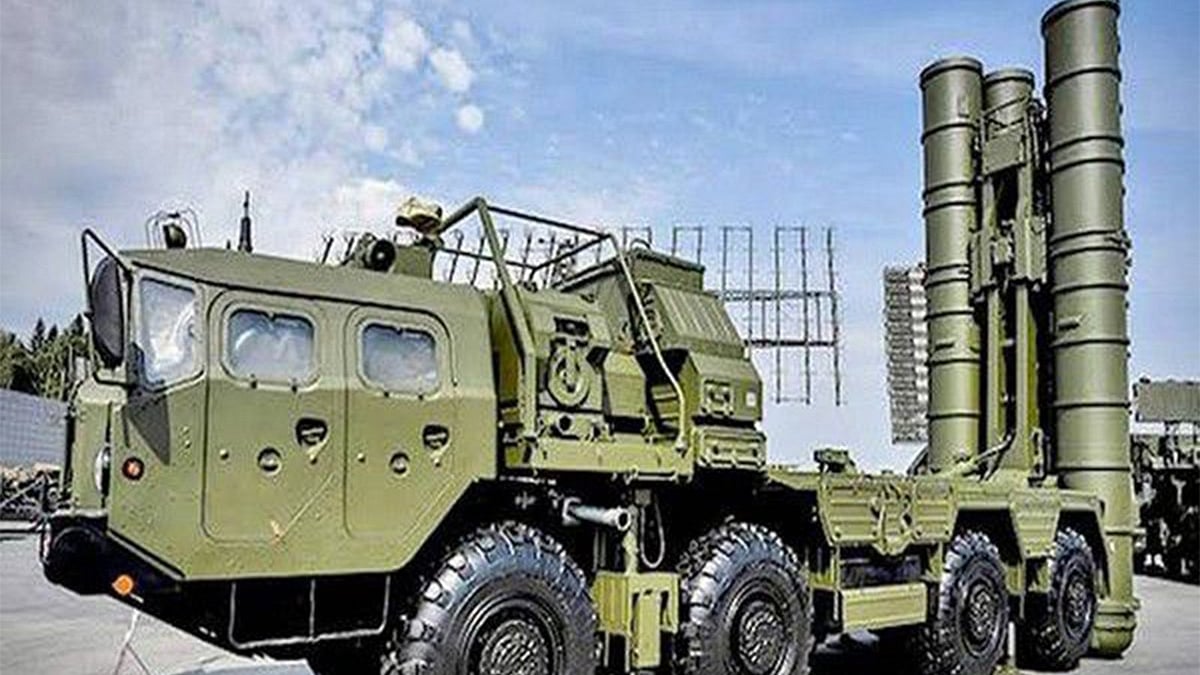Mumbai: The Air Quality Index (AQI) of the city continued to remain in the ‘poor’ to ‘very poor’ category on Monday, as per the System of Air Quality and Weather Forecasting and Research (SAFAR), while also suggesting that a significant increase in poor air quality in comparison to the same period in the previous years, 2022 and 2021.
Meanwhile, the Indian Meteorological Department (IMD) has issued a heatwave alert in parts of Maharashtra, Konkan region and Gujarat for the next 48 hours.
As per SAFAR, the city recorded an AQI of 256 at 9.15 am, which is considered in the 'poor' category. Meanwhile, Worli's AQI showed as 142, and Andheri's as 193, which falls in the 'poor' category. Meanwhile, Colaba stands at 301, while Chembur at 315, which falls under 'very poor' category i.e., between 301-400. Borivali's AQI improved to the 'moderate' category with 195.
Growing pollution levels
With the rise in temperature, the AQI was expected to increase, as that is how it happens generally. However, this year, with growing pollution levels, the poor air quality has been consistent since the winter season. According to AQI.in, the air quality at Mumbai starts deteriorating in late October with the winters being the worst-hit season in terms of air pollution.
They reasoned out the cause of outdoor air pollution stating to, "solid, liquid particles called aerosols and gase from vehicle emissions, construction activities, factories, burning stubble and fossil fuels and wildfire, etc." While the main causes of indoor pollution, they said, are, "Harmful gases from cooking fuels (such as wood, crop wastes, charcoal, coal and dung), damp, mould smoke, chemicals from cleaning materials, etc."
Situation expected to continue
This situation is expected to continue in Mumbai and its neighbouring areas throughout February and March.
As per IMD's forecast on Sunday, the maximum temperatures are likely to be in the range of 37 degree to 39 degree in many parts of Gujarat, Maharashtra and Goa coasts during the next two days. "Isolated heatwave conditions likely over Kutch and Konkan during the next two days," tweeted the head of IMD in Pune, KS Hosalikar. He added that in Maharashtra, temperature is likely to go above 37 degrees Celsius in Mumbai, Raigad and Ratnagiri.
On Saturday, the city witnessed the hottest day of this season with the daytime maximum temperature close to 38 degrees Celsius. Meanwhile, the humidity levels in the suburbs have also witnessed a significant drop.





